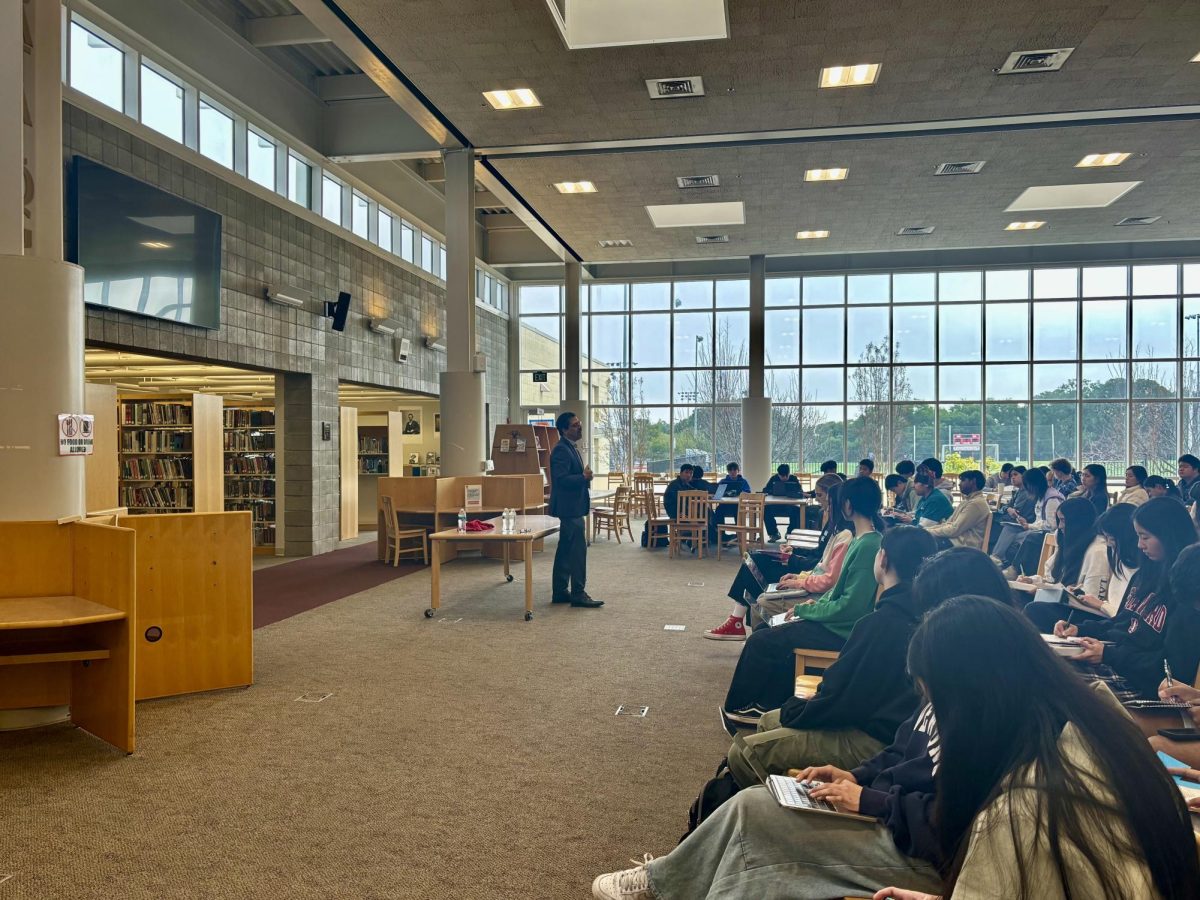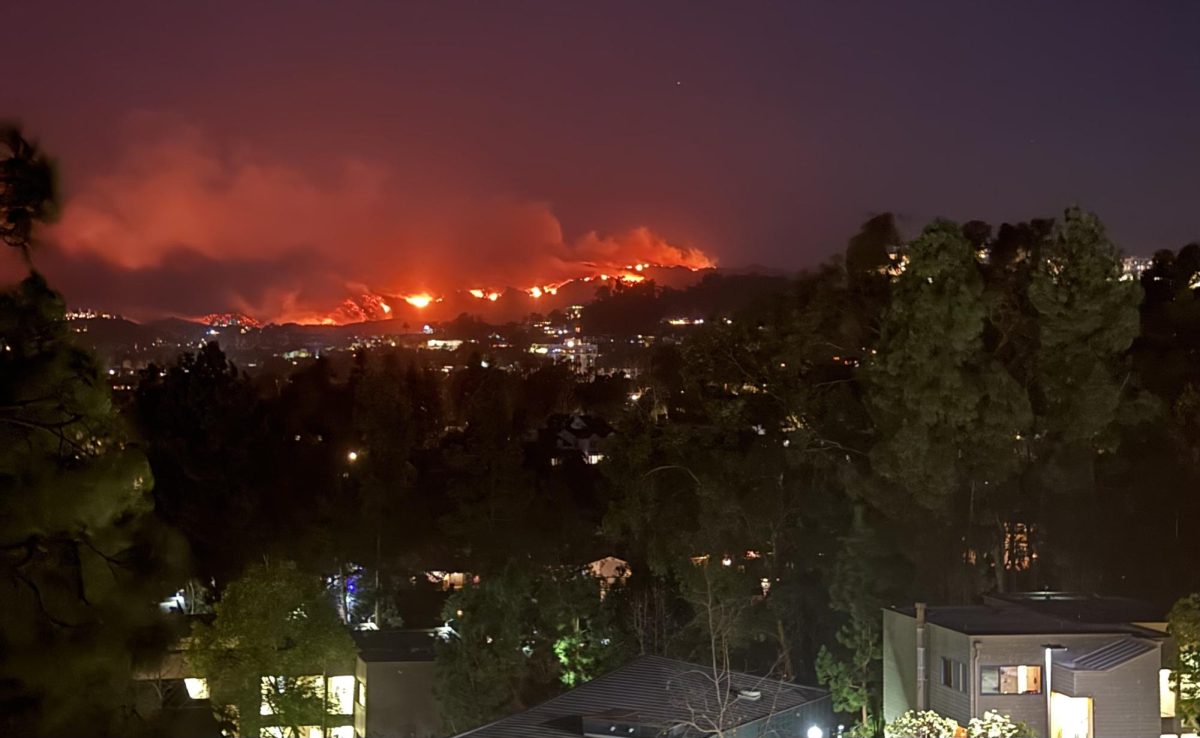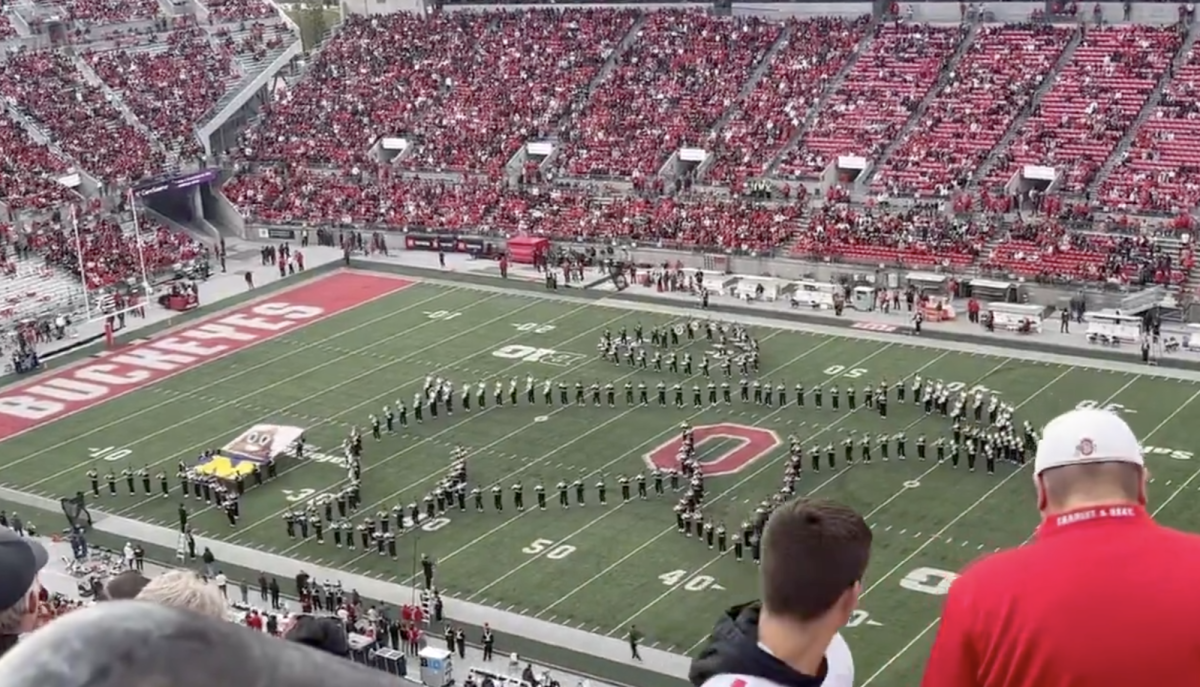It is now 89 seconds to midnight.
Every few years, the Bulletin of the Atomic Sciences provides an estimate for when the final doomsday, or “midnight” will occur — a disaster that would consist of nuclear conflict, the peak of climate change, and the misuse of biological sciences. In other words, as a species, we’re the closest to exictinction that we have ever been in history.
The Doomsday Clock had an impact on Americans’ actions in decades past: The time left would often fluctuate, between anywhere from 2 minutes in 1953, with the creation of the hydrogen bomb, to 17 minutes in 1991, when the U.S. and Russia began making cuts to their nuclear arsenals.
Americans’ concerns were particularly evident in the 2020 presidential debate, where climate change was one of the most discussed topics, with 10 moderator questions during 2020 presidential campaigns spent on the subject.
The threat of climate change hasn’t declined at all in the past four years, with the global ecosystem at increased risk of catastrophic collapse by 2050. Yet, even in the wake of the hottest year on record: 2024, this quickly approaching deadline has been sidelined for more direct issues, like ongoing conflicts in Gaza and Ukraine, as only 3 minutes of the 2024 presidential debate time was spent on the subject. Even less time was spent campaigning about climate change than in previous years.
The urgency of major issues — primarily climate change — begs the question: Why are we deprioritizing such issues in a world where the threat of extinction is only becoming more magnified? Americans need to refocus their bite-sized attention spans away from reels about cute cats and college acceptance rates toward climate awareness and global conflict.
Climate action is ever more critical this year, as president Donald Trump pulled the U.S. out of the Paris Climate Accords on day one of taking office, as he promised. The Accords are essential to preventing nations’ carbon footprints, and keeping them accountable for climate change, primarily caused by larger nations in the northern hemisphere.
The root of the issue is in social media. Users on social media too often ignore massive issues and instead make fun of major world tragedies. Even during the recent L.A. fires, thousands on social media are manipulating the narrative to claim that “California deserves it” and the fires are “karma.”
Besides social media’s perpetuation of the issue, the lack of attention also has a neuroscience-based precedent. According to Jonathan Wiener, Law and Public Policy Professor at Duke University, it’s near-impossible for humans to truly and accurately grasp the impacts of extinction, whether due to a nuclear or climate cause.
Specifically, our prefrontal cortexes rely on memories of past events to construct potential futures — extinction has no historical precedent, and thus would be unimaginable with the exception of the few who have experienced near-extinction life events.
The seeming impossibility and distance of extinction is exactly what drives humans toward ignoring the threat — it’s built into our minds, the same way we avoid thinking about death. If we were constantly pessimistic about our future (with death guaranteed), research shows that humans would become increasingly unable to do basic activities, instead driven into deep thought about existence.
Still, awareness and action don’t require constant thought about the threat of extinction, though they do require consideration about urgency and long-term sustainability. Despite the systems which force us to ignore the subjects of extinction, attention is absolutely necessary if we want to safeguard the future.
Moreover, climate change in America has recently become increasingly perceived as a partisan issue, rather than the global crisis it was once seen as. When the climate crisis first gained massive attention in the late 20th century, both Republicans and Democrats responded with major concerns, but now, as political polarization plagues the country, the issue has become a symbol of partisan division — Democrats mostly pushing for reforms to prevent the crisis, while Republicans often downplay the crisis or push back on proposed solutions in the name of economic stability and personal freedoms.
Humans need to stop thinking about their own lives selfishly, and instead prioritize the lives of their descendants, if not the rest of the world. Inaction is exactly what’s led us to a roadblock and declining “enthusiasm” about the issue of climate change, which has only exacerbated the issue.
If extinction is truly 89 seconds away, every second matters, and actions to slow our carbon impact needs to be taken now.





























